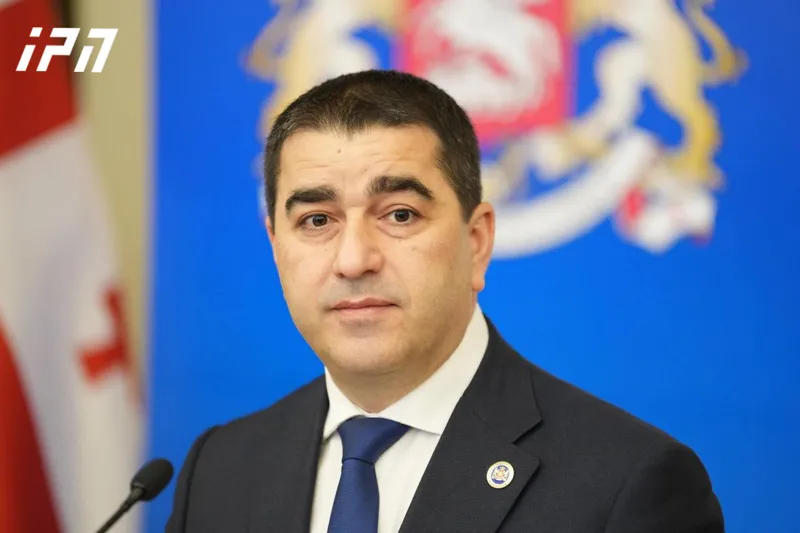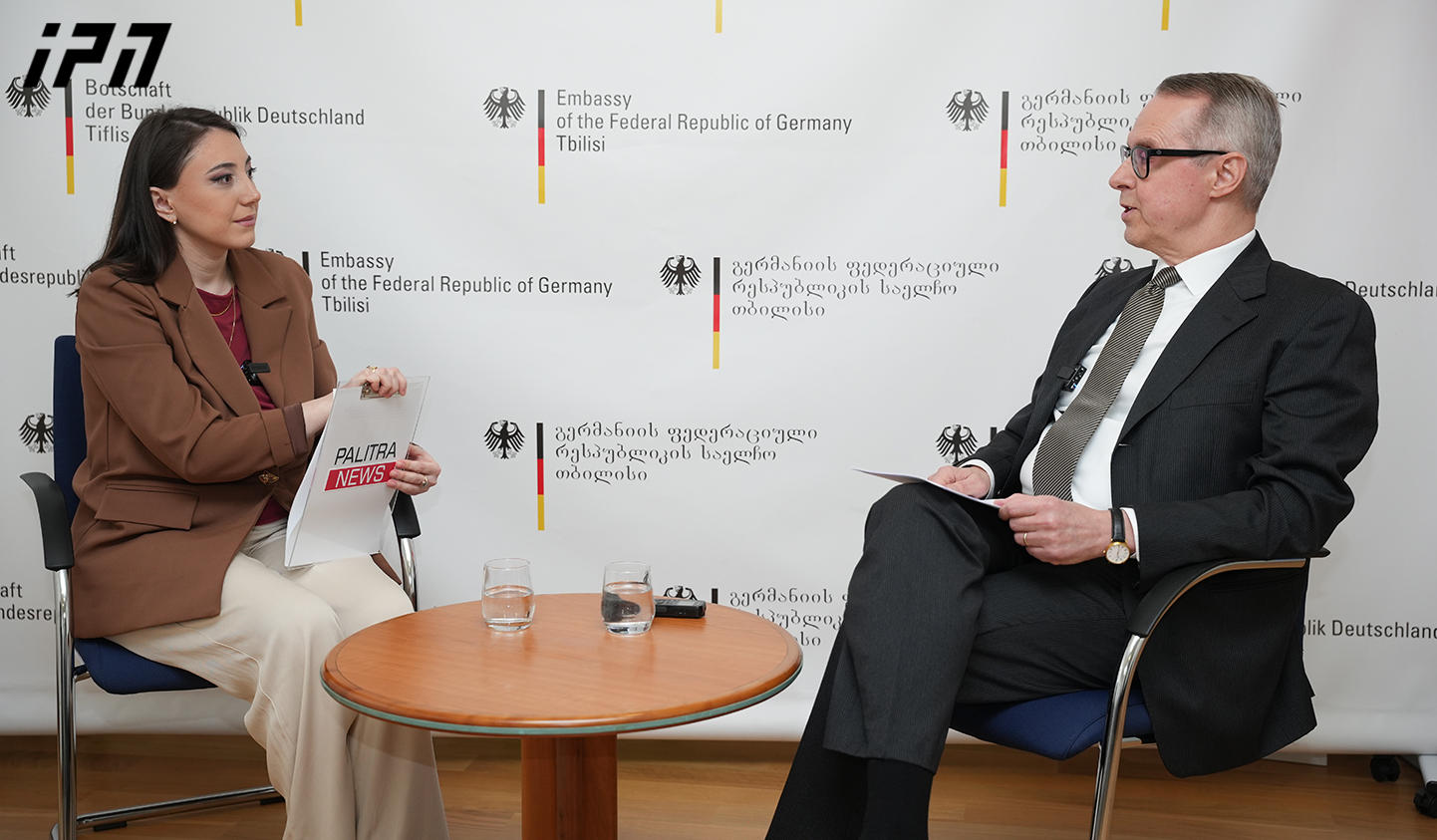Shalva Papuashvili: Sanctions or visa restrictions have been turned into tools of political vendetta and unscrupulous influence

Sanctions or visa restrictions have been turned into tools of political vendetta and unscrupulous influence and are far removed from respect for basic legal principles, which is deeply non-European – this is what the Speaker of the Parliament of Georgia, Shalva Papuashvili, wrote on social media.
In his Facebook post, Papuashvili responded to the statement made by the German Ambassador to Georgia, Peter Fischer, regarding sanctions. The ambassador said, "The sanction involved a ban on entering the country because we do not want human rights violators to come to our country."
According to Papuashvili, if the German government had a sincere rejection of human rights violators, it would have banned Zurab Adeishvili from entering Germany, calling him "one of the main architects of the system of torture and racketeering." “In light of the German ambassador’s statement, I would like to remind the public that just a few months ago, Zurab Adeishvili was on an official visit to Germany, holding meetings as a representative of the Ukrainian government, and was even seen in the visitors’ gallery of the Bundestag.
In case anyone missed it, here are the crimes against human rights committed by Zurab Adeishvili, for which final verdicts have already been issued:
▪ The kidnapping and mutilation of Koba Davitashvili – 6 years;
▪ The prison torture case – 4 years and 6 months;
▪ The seizure of the wine company Akura – 1 year and 6 months;
▪ The seizure of TV Iberia – 1 year and 6 months;
▪ The attempt to bankrupt Cartu Bank – 5 years and 3 months (there is perhaps a certain irony that in this last crime involving a human rights violation, Giorgi Isakadze, founder of the outlet where the ambassador gave his interview, has admitted to his own participation.)
If the German government truly rejected human rights violators, it would have either not officially hosted him or, if the hosting was a result of negligence, would have banned him from entering Germany after this scandal – a man who is a confirmed key figure in a system of torture and racketeering. But this did not happen.
It is precisely such examples that show that sanctions or visa restrictions have been turned into tools of political vendetta and unscrupulous influence, far removed from respect for elementary legal principles – and that is deeply non-European,” writes Papuashvili.
